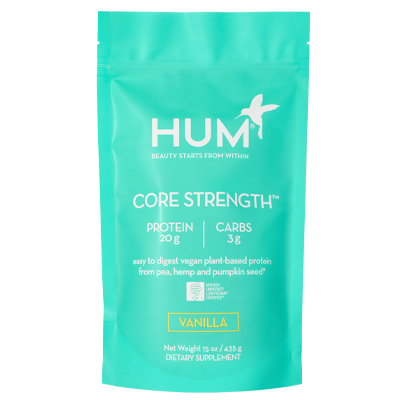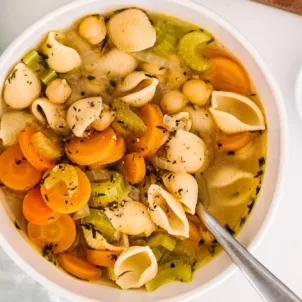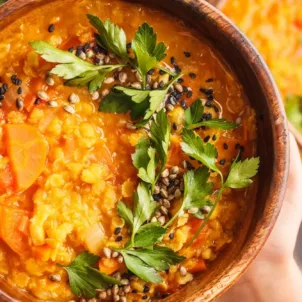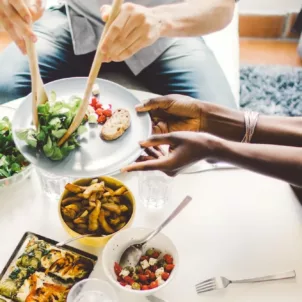THE WELLNEST • Food • Healthy Eating
How Much Protein Do We Really Need Each Day?
By Zena Wozniak, NC, RYT •
June 13, 2018
Whether you eat a plant-based diet or otherwise, you may wonder at some point: How much protein do I really need? Here’s a closer look.
Sure, vegans wonder about this often, but meanwhile, omnivores might take this question for granted.
Here’s why it’s an important one to ask, plus what happens when you get too little (or too much) protein.

Why is protein so important?
“A lot of things in our body are made of protein. If you don’t get enough of it in your diet, your body will break down muscles to get it,” says Sarah Greenfield, RD, CSSD. A consistent lack of protein in your diet can lead to:- brittle hair
- dull + dry skin
- fatigue
- stress + low mood
- low sex drive
How much protein do we need each day?
The exact formula for how much protein you need in a day is, at minimum, 0.8 grams of protein per kilogram of body weight. The simplified version is this: half of your body weight in pounds is equal to the number of grams of protein you need each day. For example, if you weigh 150 pounds, you need 75 grams of protein per day. To continue our example further, here’s what that 75 grams of protein might look like in a day:- 2 eggs = 12 grams
- 1 cup cooked lentils = 18 grams
- 1 chicken breast = 27 grams
- 1 oz almonds = 6 grams
- 1/2 cup cooked quinoa = 4 grams
- 1 cup kale = 3 grams
- 1/2 cup cooked spinach = 3 grams
- 1/4 avocado = 1 gram
- 1/2 cup broccoli = 1 gram
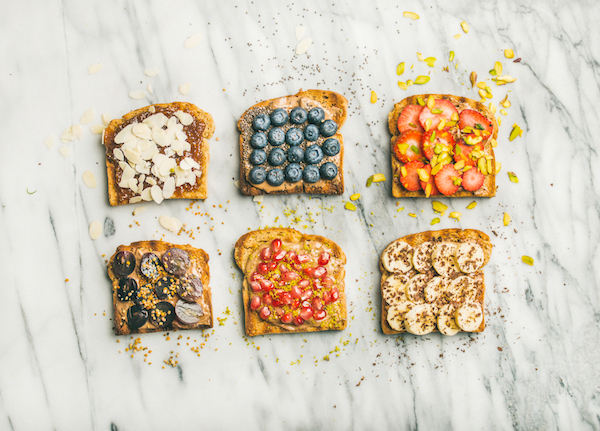
What is a complete protein?
“Protein is made of strings of amino acid,” Sarah explains. “There are two kinds: essential and non-essential. Non-essential amino acids are the ones your body makes. Essential amino acids are the ones we need to get from our diet. A complete protein contains all the essential amino acids.” Animal based proteins are convenient for this reason, as they naturally contain all the essential amino acids we need. “For omnivores, I recommend lean proteins like chicken, turkey, fish, and eggs,” Sarah shares. She recommends avoiding low-quality, inexpensive protein. The meat in fast food, for example, is going to have a different fat ratio, which can potentially lead to inflammation.How about Plant-based protein?
Sarah assures us that vegans and vegetarians can get adequate sources of complete protein in their diets, as well. Quinoa and goji berries each have all the essential acids on their own. There are also specific plant-based food combinations that pack complete protein when paired together, including:- peanut butter + whole-grain bread
- black beans + brown rice
More like this
